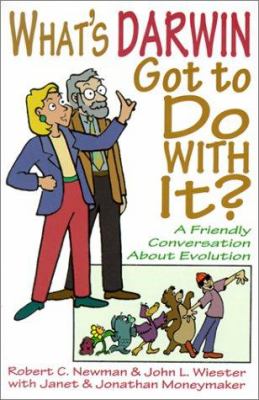Ohio Tackles Evolution Controversy
http://www.townhall.com/columnists/phyllisschlafly/ps20020206.shtml How the subject of evolution is treated in the classroom has emerged again as a source of controversy, this time in the Ohio State Board of Education. Until now, Ohio public schools have not mandated any direct teaching about the subject. “Standards” is the new fad sweeping across schools today, and the Ohio legislature has ordered that the Ohio Read More ›






